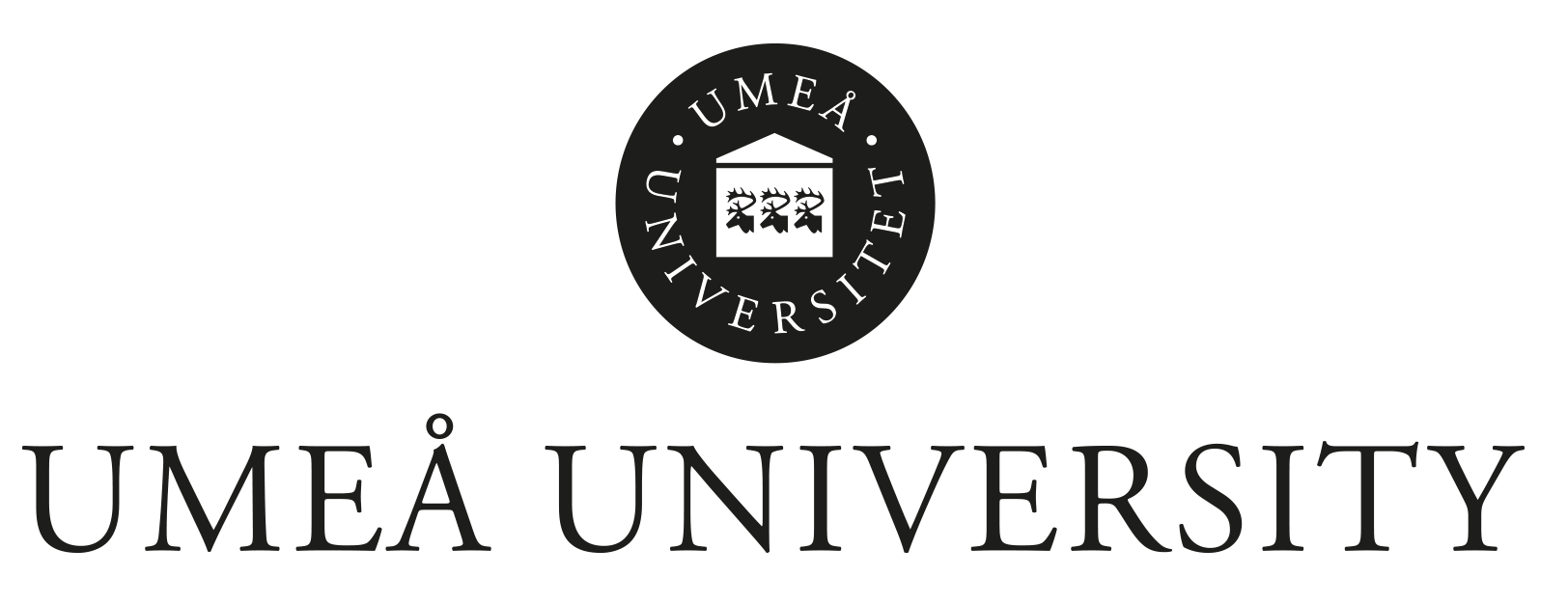The Matsutake Reading Group took place during 2021 inspired by Anna L. Tsing’s multispecies feminist perspective, reading the world through the matsutake mushroom (Tsing, 2015).
Rethinking the concepts and aesthetics of sustainability from new perspectives, the reading group aims to develop a critical dialogue between theory and practice, where both have equal agency, to find ways of empowering a social production of knowledge.
This key text integrates different modes of geopolitical research enquiry with sensory and performative interludes. Inspired by Tsing’s approach to the forest, the group gathers online and at specific locations to read texts, images, objects and spaces, sharing creative practices and ideas through reading, walking, and foraging.
The first sessions are led by Nella Aarne to collectively read Anna L. Tsing’s book The Mushroom at the End of the World: The possibility of life in capitalist ruins, 2015, Princeton.
As an open-ended practice of collaborative learning, reading groups open radically democratic spaces, within which ideas and practices can evolve and transform in (and due to) the presence of others. Intellectual and creative life is fundamentally social – research and creative practices never develop in isolation but, rather, in relation to others and at the intersections of different knowledges, perspectives and experiences. Whilst providing a generative context for these processes, reading groups also make them explicit. Facilitating multiple voices, reading group discussions unfold like patchworks of collective-making-sense without a sovereign leader who would alone hold the authority of interpretation. They resist the vertical dynamics of a master and an apprentice, and relieve the urge for territorial autonomy in individualist scholarly endeavours. Instead, reading groups establish and sustain lateral connections across disciplinary boundaries, and build intellectual camaraderie over unfinished thoughts.
Nella Aarne, October 2021.
